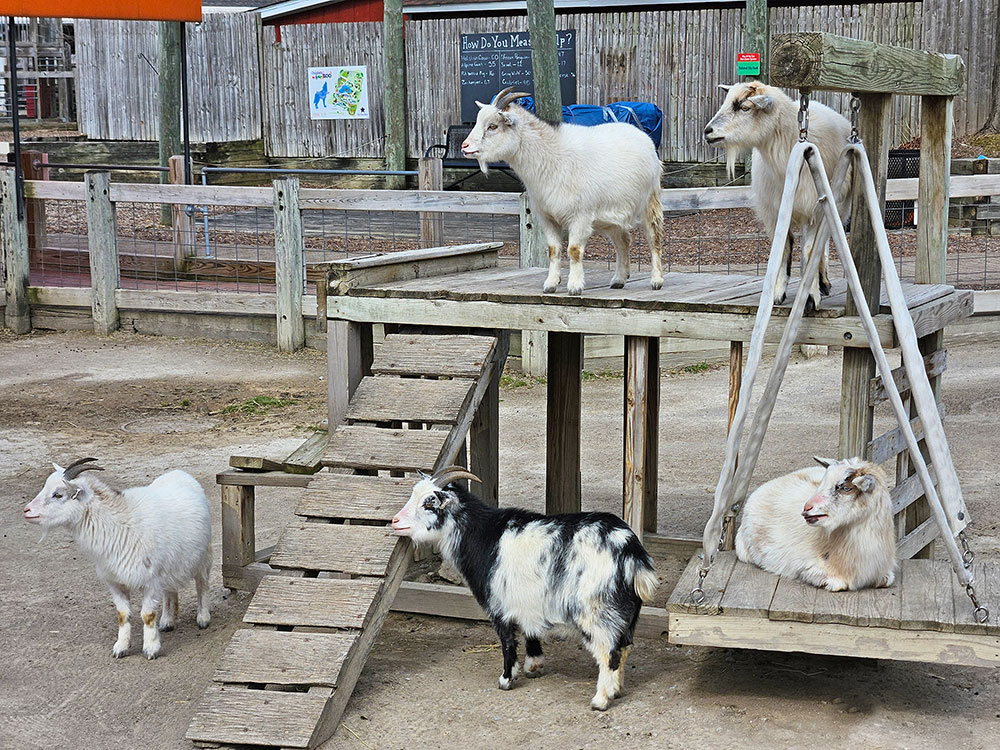- The role of pygmy goats in zoo settings and their contribution to visitor engagement.
- Key aspects of pygmy goat behavior, biology, and enrichment strategies in captivity.
- The significance of zoos in wildlife conservation and education, using pygmy goats as a case study.
- Challenges and strategies in zoo management related to caring for pygmy goats.
- The importance of public interaction and educational programs in fostering wildlife conservation awareness.
Pygmy goats, such as Benji, Flopsy, Babs, Belle, and Blanch, play a vital role in zoo environments. These animals are not just fascinating creatures but also pivotal in fostering an engaging and educational experience for visitors. Pygmy goats are small and friendly, making them ideal ambassadors for wildlife education. Their playful nature captivates visitors, and their presence in a zoo setting helps promote broader conservation messages.
Understanding their behavior and natural habitat is crucial for their well-being in captivity. Pygmy goats are a diminutive breed, easily recognizable by their robust bodies and cheerful demeanor. Originating from Africa, these goats have adapted to diverse environments, which makes them resilient to various conditions. Zoos recreate natural habitats to ensure these animals thrive. Enrichment strategies include climbing structures, foraging opportunities, and social interactions, which are essential to their mental and physical health.
Zoos play a pivotal role in wildlife conservation and public education. By incorporating pygmy goats into their exhibits, zoos can highlight broader conservation themes. These animals, while not endangered, represent the importance of preserving biodiversity and the interconnectedness of ecosystems. Educational programs, often centered around these engaging animals, inspire visitors to think critically about their impact on wildlife and the environment.
Managing a zoo requires careful attention to the needs of its inhabitants. For pygmy goats, this means providing a diet that mimics their natural foraging habits and ensuring they have ample space for exercise and socialization. Veterinary care is also crucial, with regular health checks to prevent and treat common ailments. Staff training is essential to understand the specific needs of pygmy goats and to handle them safely and compassionately.
Visitors often seek interaction with zoo animals, making pygmy goats an excellent choice for educational encounters. These programs allow people to learn about the goats’ habits and needs and the broader implications of wildlife conservation. Such interactions can leave lasting impressions, encouraging individuals to support conservation initiatives and adopt sustainable practices in their daily lives.
Zoos, through their educational and conservation efforts, have the power to influence public attitudes towards wildlife. By showcasing animals like pygmy goats, zoos not only educate but also foster a connection between humans and nature, vital for cultivating a conservation-minded society.
*****
Source Description
It has been a GOAT opening weekend here at the zoo! Our Pygmy Goats Benji, Flopsy, Babs, Belle, and Blanch sure have been enjoying seeing everyone again 😊🐐

